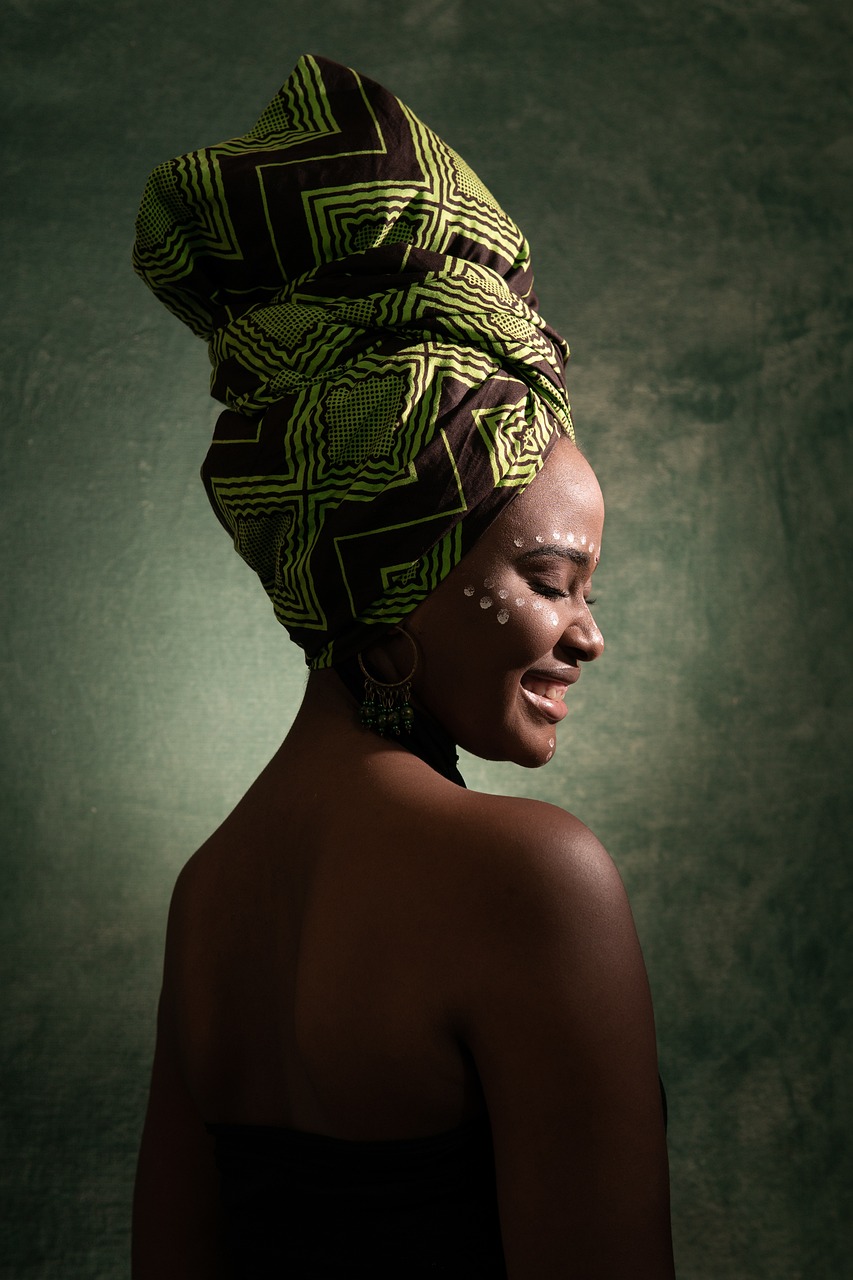
In a compelling interview with Modern Diplomacy, BRICS ambassador Dr. Victoria Panova delved into the intricacies of women’s engagement within the association. Panova is Vice Rector of the National Research University, HSE, in Russia, Head of the BRICS Expert Council and Russian W20 Sherpa. She shed light on the challenges hindering their empowerment and discussed evolving initiatives aimed at meeting women’s needs. Dr. Panova underscored the BRICS women community’s goal of expanding cooperation and enhancing the global representation of BRICS women. Here are excerpts from the conversation:
First and foremost, what instruments are available for women’s empowerment and interaction under Russia’s presidency of BRICS?
Russia is going to pay considerable attention to the issues of women empowerment and interstate women cooperation during its BRICS Chairship. Chairship is going to include a wide range of events on the topic, including BRICS Women’s Entrepreneurship Forum, BRICS Best Women’s Startup Competition, Meeting of BRICS Ministers for Women’s Affairs, and a brand-new initiative – BRICS Women’s Forum that is going to be held within the Fourth Eurasian Women’s Forum. Not to forget active format of Women’s Business Alliance holding a dozen of various events.
All these events serve multiple purposes: first, they enable networking among women from all BRICS States. Considering the amount and the scale of events, it won’t be an overstatement to say that a full-fledged community of BRICS women has been formed over the years of fruitful partnership. Second, these events help to elaborate specific projects and initiatives aimed at women empowerment and enhancing women’s well-being.
Some initiatives and global goals of the Russian Chairship have already been announced. For example, there are plans to launch a common digital platform that will unite female entrepreneurs from BRICS countries: this platform will contain info about common business projects and a database of all companies led by women from BRICS countries.
Do women in the BRICS association recognise themselves also as an effective social group, a core of the new emerging world order?
Recognition of equality, mutual respect, cooperation and diplomacy, and the right to have their own interests is implicitly present in BRICS. And the same goes with any kind of equality within the BRICS. The group is committed to achieving gender equality and empowerment of women (and how they can benefit from the ongoing cooperation).
Today, it is even more vital to strengthen the role of women and to develop new mechanisms and solutions so that girls and women have more rights and opportunities. At the same time, one needs to understand that we are working together with men (not opposing them) to put forward the equality of opportunities.
Every year BRICS networking platforms gather hundreds of women. And we are talking not only about women-specific events but also about BRICS Academic Forum, BRICS Civil Forum and other events held within the BRICS agenda. Such events bring together male and female leaders, entrepreneurs, scientists, public officials, academics, civil society representatives from all BRICS states. Women from the BRICS countries are truly united: they have established communication channels and platforms, they work with each other, talk to each other, share their expertise, generate new ideas and deliver their significant contribution to the development of BRICS.
Bringing women with greater diverse cultural backgrounds, most probably, constitute the first challenge. In your view, how and to what extent, can this challenge and a few others confronting them be tackled in this contemporary era?
Speaking as a representative of the Russian side, I must say that our country has substantial experience in this matter. Russia is a diverse, multi-ethnic, and multi-cultural state. Successful co-existence, respect, and partnership of people with different cultural backgrounds is a part of our DNA.
Having said that, different cultural backgrounds within BRICS is hardly a challenge. BRICS is a well-established format: we have already worked with each other for years and learned each other’s cultural backgrounds down to the most particular features. True, in 2024 we welcome new members to the BRICS family, yet these countries are no strangers to us and we have a longstanding history of partnership with them. This partnership includes cooperation among women too. Therefore, I believe that the integration of women from new BRICS states will be smooth and effective.

